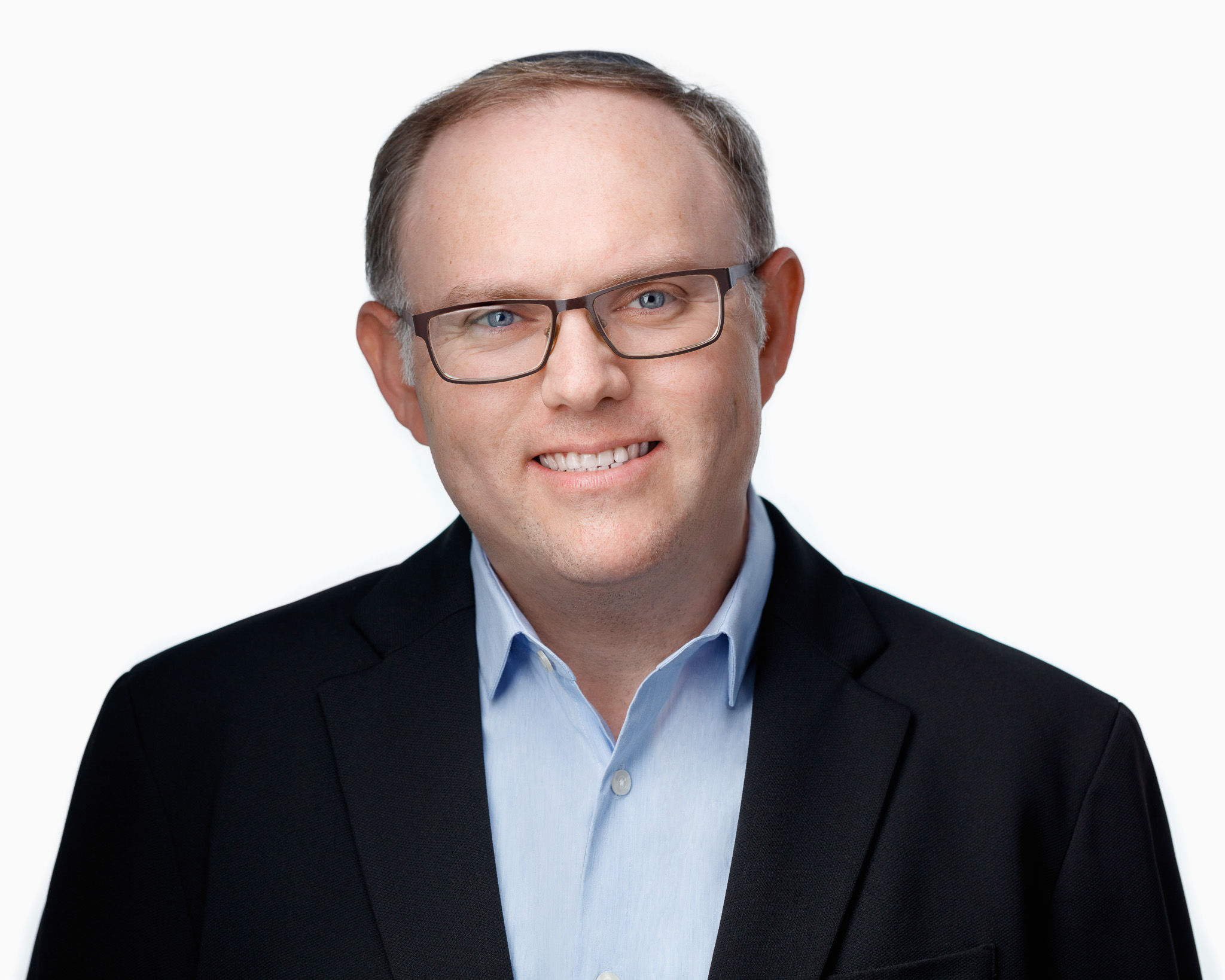“The Purpose of a New PPC Campaign is not to turn a profit; It is to prove or disprove which keywords will work best for you long term. ” -David Melamed
If you are like me, you hate losing money more than you like making money. I once read that the ratio is like 4 to 1. Meaning, the pain of losing $1 is proportionate to the pleasure of earning $4.
There is plenty of profitability to be had in PPC and the goal is obviously to make tons of money, but you have to be prepared to lose a little bit to figure out what works.
I once read a study that 65% of companies (I don’t actually remember the % number, but it was the majority) aren’t happy with their marketing companies.
It sounds almost like a broken record listening to my clients about their horror stories with SEO and PPC vendors.
I had a prospect approach me a few weeks ago about taking over his PPC. I looked at his account and saw some opportunities, but let’s be honest, hind sight is 20-20 and most talented PPC consultants can poke holes in existing campaigns.
The thing that threw me off guard about this prospect was that the company he was using was actually a pretty decent company. Their rates were a fraction of my rates, and I think hiring me would have been overkill. He didn’t need some deeply creative targeting strategy, he just needed a decent company to manage his ad spend. The reason I didn’t agree to work with him is because he was ranting and raving complaining about how terrible his agency was. I saw their work. It was pretty decent.
So, what went wrong?
The single most important thing for a ppc manager to manage is…expectations.
By failing to manage this clients expectations, he ended up annoyed at a pretty decent company. This is actually an even more difficult challenge if the advertiser was running PPC several years ago. The competition today is much more fierce, clicks are much more expensive, and there are many more advertisers in even the most remote niches. I had countless clients tell me about how PPC used to work great for them, but is no longer working.
I can’t begin to stress how important it is not just for a ppc manager to set realistic expectations, but also for advertisers to go into a campaign with realistic expectations. This is especially hard if it’s a brand new campaign or website redesign where you don’t know how well the site will convert, etc… but you need to mentally prepare yourself for the most likely outcome.
In this spirit I have a confession to make. Something you need to know going into any ppc campaign…
You Will LOSE Money.
Sure, even a blind squirrel can find a nut once in a while, but the most consistently successful PPC campaigns start off by losing money.
I tell every prospect to expect to invest $5,000 to find profitability. The first $1k will bring back $500. The second $1k will bring back $800, the third $1k will bring back $1200, the fourth $1k will bring back $2000 and you will scale from there.
This isn’t an ironclad rule, and about 25% of the campaigns I launch are profitable from day one… but those are never the ones that scale consistently.
The truth is, being profitable from the outset is not necessarily a good thing. For starters, it means that you are definitely leaving opportunity on the table. A comprehensive campaign should push the limits. The second challenge is optimization is less important, leading to more waste. When you spend $1000 and lose $500 of it… You know something in there works, you have a clear optimization goal, to get rid of waste. This requires you splice and dice your account until you figure out that you should turn off the search network, or use a bid multiplier for specific locations or mobile. When you are losing money, you will turn over every stone to find profitability. When you start out profitable, your optimization is no longer goal oriented and likely won’t yield great results.
The main reason starting out profitably is bad is that your next step is scaling, When your goal is scaling, and you are profitable, the most obvious step is to raise your bids. This will bring more volume but slowly chip away at your profit margins. You will be stuck chasing diminishing returns, and retreat back to the bottom.
I launched a campaign last month for myself as an affiliate. I spent $3k and it brought back $2200. This month so far I have spent $1700 and it brought back $3500. It is on pace to generate around $400 a day profit on $2oo in spend. Basically tripling my money daily. Had I given up when it was losing money, I wouldn’t have found this profitability. Had I not been willing to lose $1k, I wouldn’t have made almost $2k profit so far.
Who would have thought that PPC in Google can yield 200% profits on an affiliate campaign in 2014?
The bottom line is that search traffic is still the most valuable referral traffic out there. It is bottom of the funnel, ready to buy consumers. It is expensive, but like everything in business, It is all about buying right. In order to buy right though, you need to be prepared to invest $3k-$5k to find what works.
Once you are spending and seeing some things working, there are literally dozens of ways you can turn your account upside down looking for ways to improve performance. The dimensions tab is meant exactly for this very reason. To pivot around your account looking for clues and opportunities.
Give me an account losing money and I will find profitability. Give me an account that is profitable and I will probably make it less profitable as I attempt to scale.

 Click Images To Verify
Click Images To Verify

Hi David,
Killer post. It’s a subject that can’t be discussed enough.
I believe it’s entirely on the PPC manager’s shoulders to set the right expectations from the get-go. You can’t expect a business owner to know what to expect. In my experience, most business owners will take the expectations part as a negotiation.
If you are to ask them what they expect, they will usually give you a goal that is 20-50% higher than what is actually the goal for them to reach profitability.
In White Shark Media we have found a good way, however it’s not perfect, to deal with this. We break down every step of the funnel ranging from budget to CPC to conversion rate to lead conversion rate (lead-to-customer) and then average sales value.
With ecommerce we use mostly the strategies outlined here: https://www.searchenginejournal.com/forget-about-cost-per-conversion-its-time-for-adwords-metrics-2-0/66155/
However, again it’s important to break down every step and find out where the minimum break-even point is.
What is important for business owners to understand is that when they set their expectations too high their PPC manager will pause or decrease bids for keywords that are actually turning a profit for them.
Anyways, I just wanted to say excellent post. Great job, David.
/Andrew Lolk – White Shark Media
You mentioned telling people to expect spending about $5000 to get an idea of things and to find out what is profitable, but I was wondering if you would recommend at some point after you’ve already established what is working and making you money, to possibly spend a little more on experimenting again? I don’t mean like all the time but maybe once a year or so, so that you can adjust what you’re doing based on some more testing and results, and maybe to help further maximise the money you’re making. Is that something you would ever suggest?
It’s a pity for a lot of people who would launch their campaigns, see a loss and automatically assume that nothing is working and call it a day, because they really are losing an opportunity to sit down and analyse what went wrong and what went right. If you turn even a little bit of money (loss or not), there is still something that is working, as you pointed out when you made the $1000 to $500 comparison. It’s very true that you should go in expecting to spend some money finding your feet, and if people budget the money for that when they’re just starting out then they may end up significantly less disappointed about a loss when they find the part that is actually going to turn them a profit.